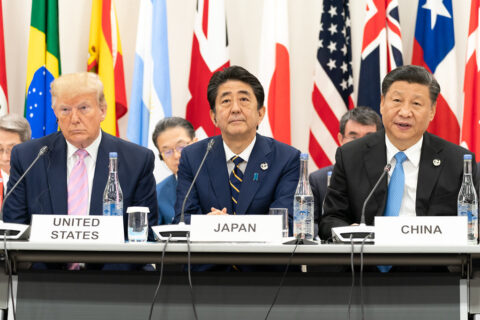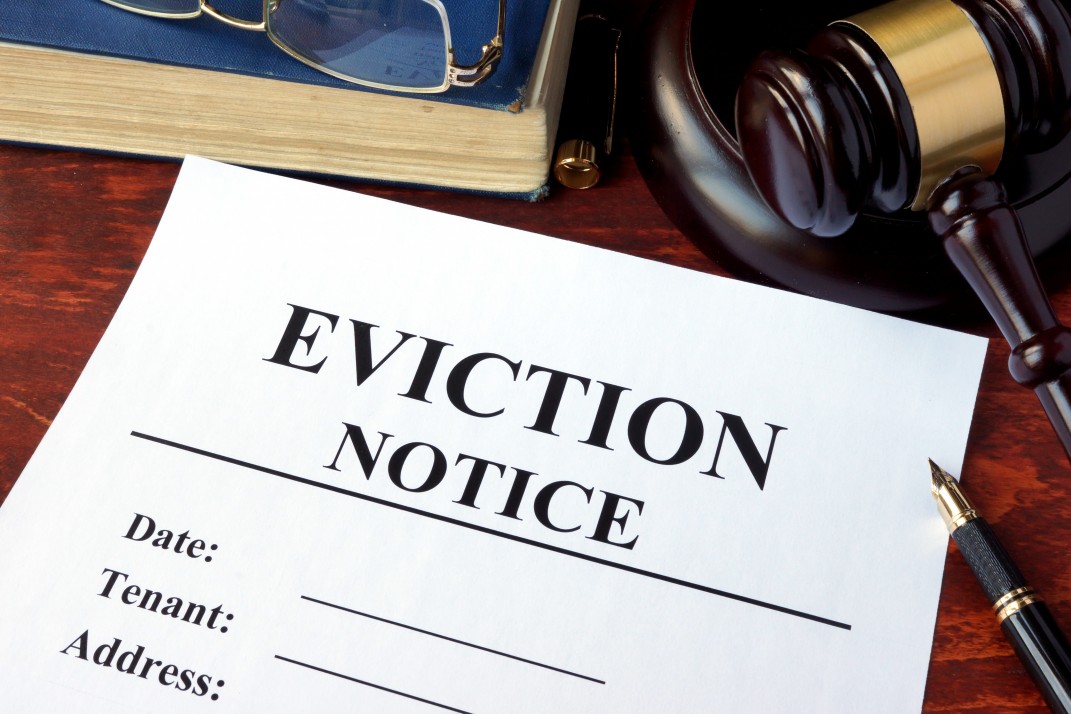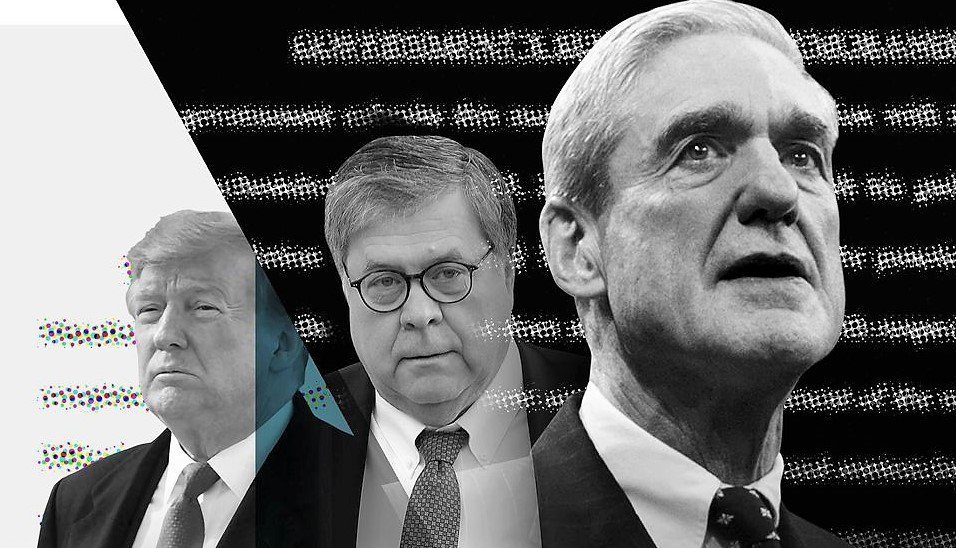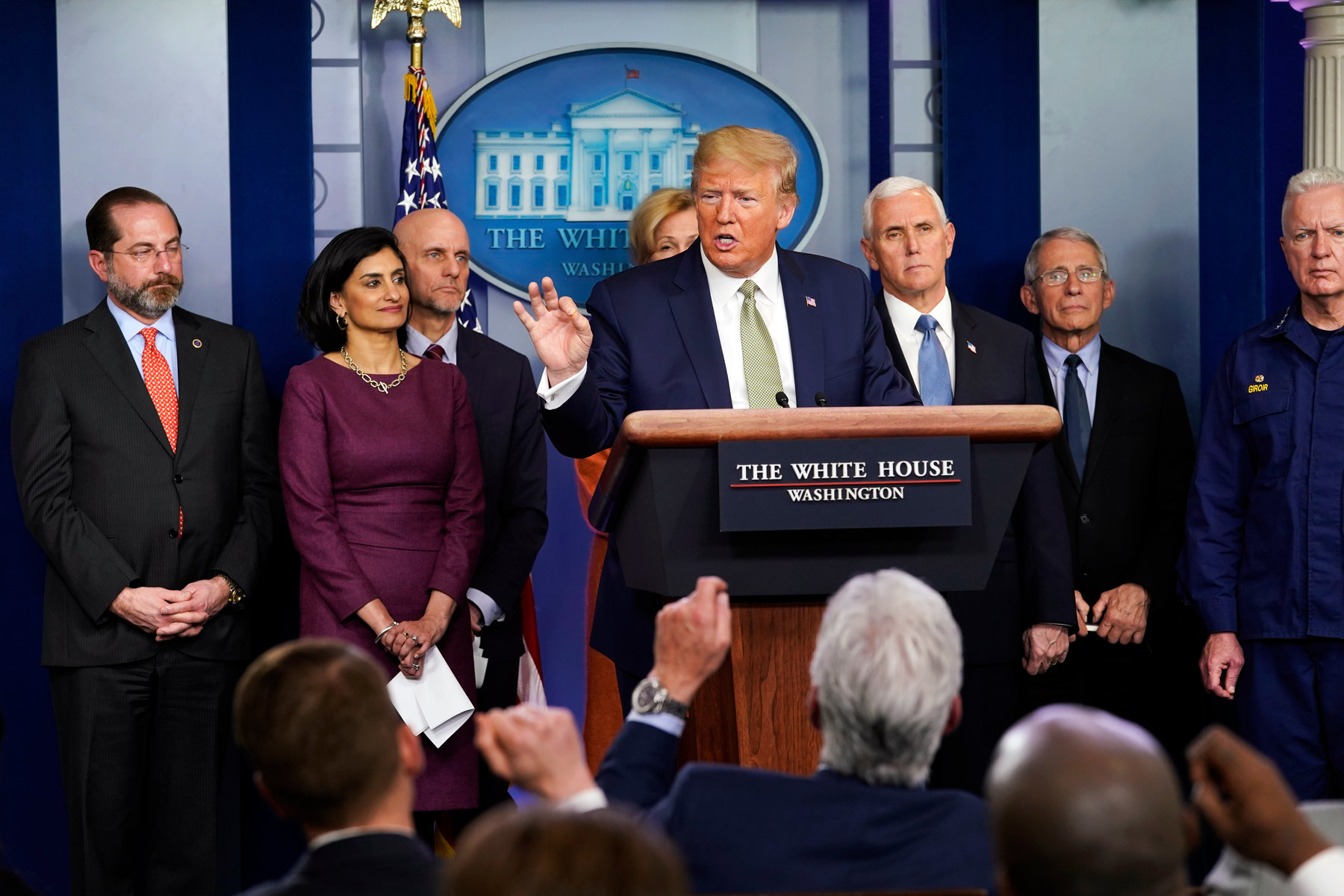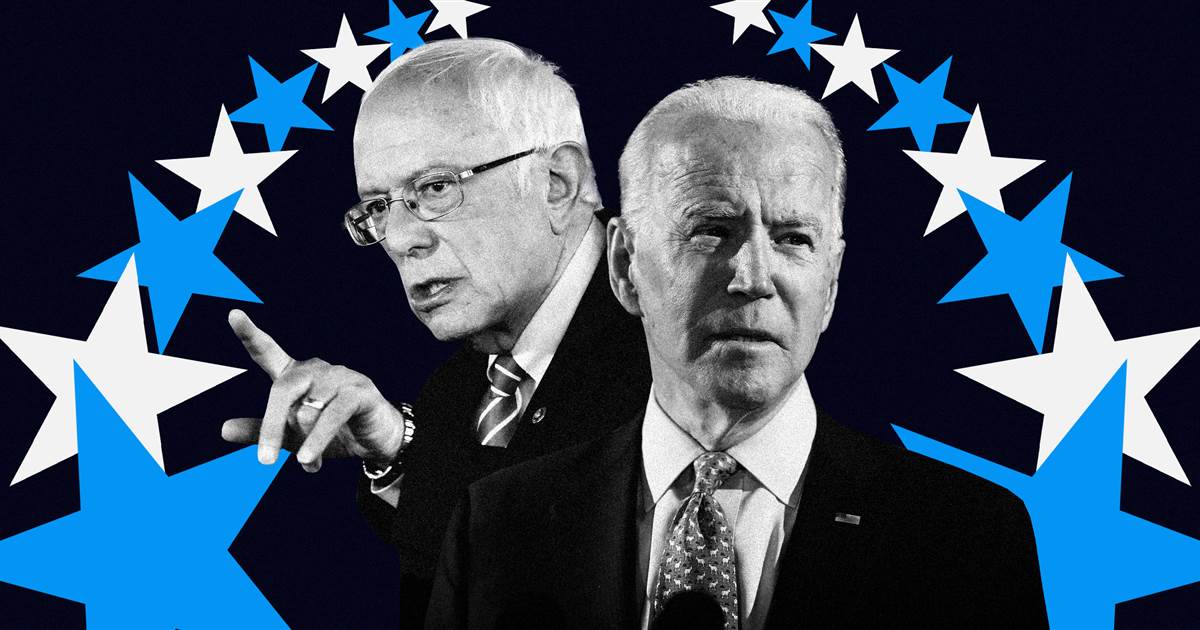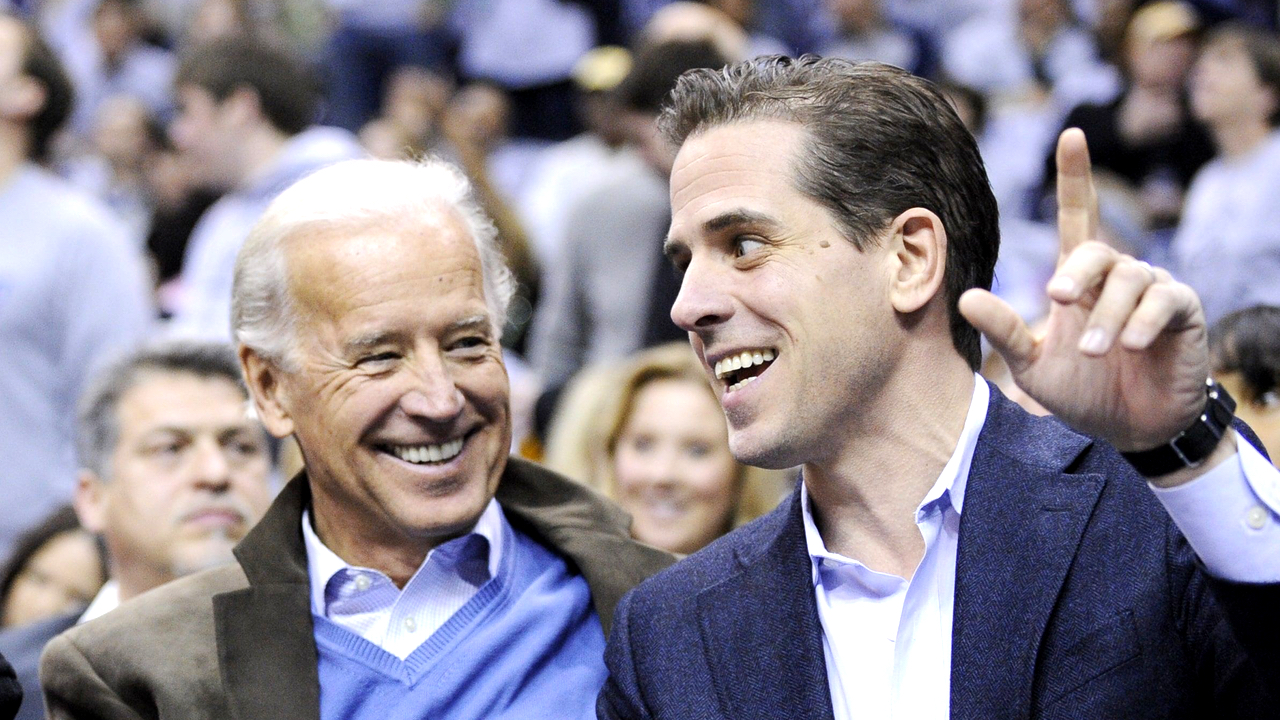President Donald Trump feels vindicated now that the US and the world are taking the “Wuhan Lab-Leak” theory seriously. In a recent interview, the former president said, regarding the Lab Leak Theory, that he “called it a long time ago” and that we must “make China pay” for unleashing COVID-19 on the world. “I said it a long time ago, right from the beginning. And when you look at WuHan, and that’s where it all started, and then you look at the Wuhan lab, and that’s what they were doing,…
Read MoreAuthor: Mike Strong
The National UFO Reporting Center
The Cape Hatteras Light House is a very popular tourist destination. It seems that recently it may have attracted visitors from very far away. A local photographer, Wes Snyder, may have recorded a UFO buzzing by the famous landmark. Snyder was taking time-lapse photos next to the beacon through the night of Jan.7. He had no idea what he had captured at about 10:20 p.m. until he was editing the footage later. A flying object rocketed by in the distant sky in 16 frames for about three minutes before disappearing…
Read MoreNon-Eviction Guidelines Backfire Against Landlords
Many of the states hit hardest by the COVID-19 outbreak, including New York, have been calling for a moratorium on rent payments and evictions. However, this has led to a backlash by landlords who say they have bills to pay too. For many of these property owners, their rentals are their sole source of income. It is part of the cascading effect of the economic shutdown to combat the virus. Governors are urging landlords not to evict renters during the crisis — some even going as far as officially prohibiting…
Read MoreFederal Judge Receives Unredacted Mueller Report
A federal judge who questioned Attorney General William Barr’s “credibility” has received an unredacted copy of special counsel Robert Mueller’s report on Russian interference in the 2016 election. Justice Department attorneys say that the release of the document was in pursuance to two orders this month by District Court Judge Reggie Walton. Walton, an appointee of President George W. Bush, said the court had “grave concerns about the objectivity of the process that preceded the public release of the redacted version of the Mueller Report” and its “impacts on the…
Read MoreCongress Acts Swiftly to Pass $1Trillion in Corona Relief
In an increasingly rare showing of bipartisanship, Congress has moved very quickly to send two coronavirus-related spending bills to President Trump’s desk in two weeks and is feverishly working to put together a third, blockbuster package that could be worth upward of $1 trillion. Trump’s signing of the second coronavirus bill, which will provide $100 billion worth of paid sick leave, unemployment help and free virus testing to Americans, comes as the coronavirus pandemic is hitting close to home on Capitol Hill. On Wednesday, Reps. Mario Diaz-Balart, R-Fla., and Ben…
Read MoreBiden Pounds Sanders In Florida
Bernie Sanders had better listen for the fat lady singing, because it’s all but over for the independent senator from Vermont. Joe Biden totally crushed Bernie Sanders in Florida, adding to a series of decisive wins that leaves the self-described democratic socialist with no realistic path to securing the Democratic presidential nomination. Several outlets called the state for the former vice president as soon as final polls closed. At 8 p.m. EST, with 62% of precincts reporting, Biden had 60.9% of the vote, while Sanders had a dismal 22.6%. Despite…
Read MoreGOP Report on Hunter Biden Is Coming!
The GOP says the report of their investigation into Hunter Biden is coming soon – and the results are not going to be pretty for the son of the former VP, or his father! A top Republican has announced to the press that he will release an interim report on his findings connected to his investigation of Burisma Holdings and its connection to Joe and Hunter Biden. Sen. Ron Johnson, a Wisconsin Republican who heads the Senate Homeland Security Committee told reporters earlier this week that the public can expect…
Read MoreTrump Says Biden and Burisma Will Be Key Campaign Issue If He Is Dem’s Nominee
On the heels of Sen. Ron Johnson of the Senate Homeland Security Committee announcing that he will soon release an interim report of his investigation into Hunter Biden and Ukraine energy company, Burisma Holdings, President Trump has said that Hunters involvement with Burisma will be the key campaign issue, should his father become his party’s nominee. Even as the former VP surged to being the new Democratic frontrunner after a remarkable comeback on Super Tuesday, the president said he sees no way for Biden to answer questions about his family’s…
Read More
